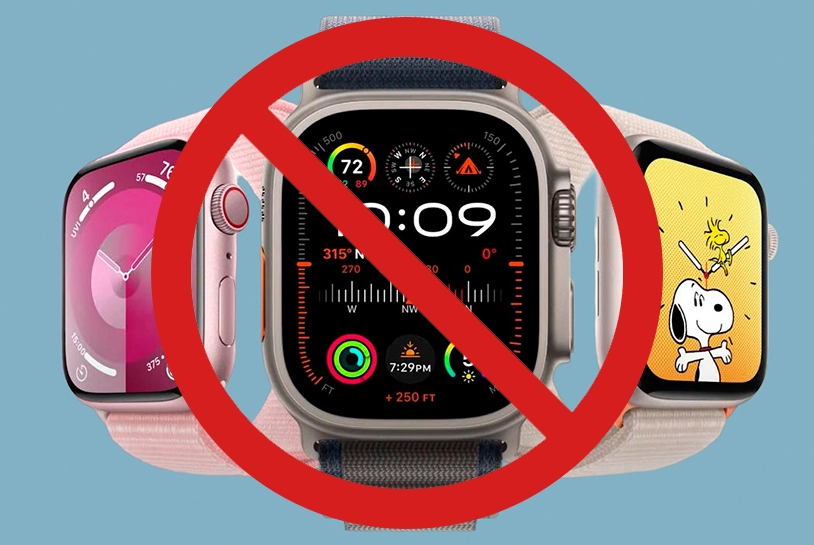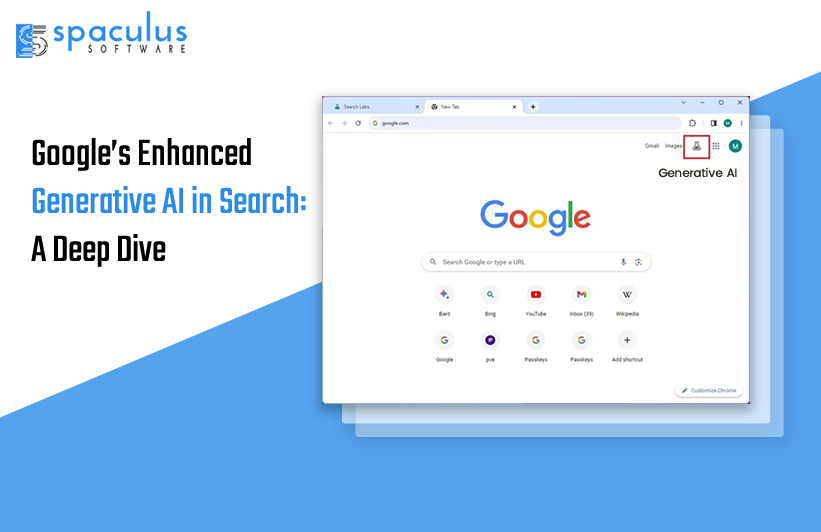AI’s Death Prediction Tool Claims Remarkable Accuracy. Know The Details

- Mar 19, 2024
- 3 Mins read
- Category: AI, Technology
Danish scientists developed an AI chatbot, life2vec, that can predict potential life events, including health issues and financial success, based on individuals’ data. However, it has been misinterpreted as a ‘death calculator’, leading to privacy concerns.
Lots of people are curious about how they’ll die, even though it’s not a fun topic. Some have looked to astrology for answers, but it hasn’t been very accurate. Now, scientists have created a new computer tool that uses your personal information to guess when you might die. In Denmark, scientists are using computers and lots of information from many people to guess what might happen in someone’s life. They call their project life2vec. They’re trying to show how amazing technology can be, but they’re also warning about the dangers it might bring.
Sune Lehmann, a professor at the Technical University of Denmark, explained that their project can make all sorts of guesses about people’s lives if they have enough information. It can guess things like if someone might have health problems like obesity or cancer, or even how successful they might be with money. The system works a bit like ChatGPT, but instead of chatting, it looks at things like when you were born, where you went to school, and what jobs you’ve had.
The researchers are using the same kind of technology that helps computers understand and talk like humans to guess what might happen in people’s lives. They think of a person’s life as a story with different events, such as being born, going to school, moving house, and getting married. However, not everyone understood their project correctly. Some people thought it was a “death calculator,” which made fake websites trick people into sharing their personal information in exchange for a guess about when they might die. However the researchers want to make sure everyone knows that their project is private and not available to anyone else.
The life2vec project looks at information from about six million Danish people, but don’t worry, it doesn’t know who those people are. It just looks at the things they’ve done in their lives and tries to guess what might come next. It’s pretty good at it too, with a 78 percent chance of guessing if someone might die soon and a 73% chance of guessing if they might move to a new city or country.
The researchers are most interested in guessing if someone might pass away when they’re between 35 and 65 years old. They look at eight years of information, from 2008 to 2016, to try to guess what might happen in the next four years. Lehmann says their guesses are better than any other computer program they’ve compared it to.





















































